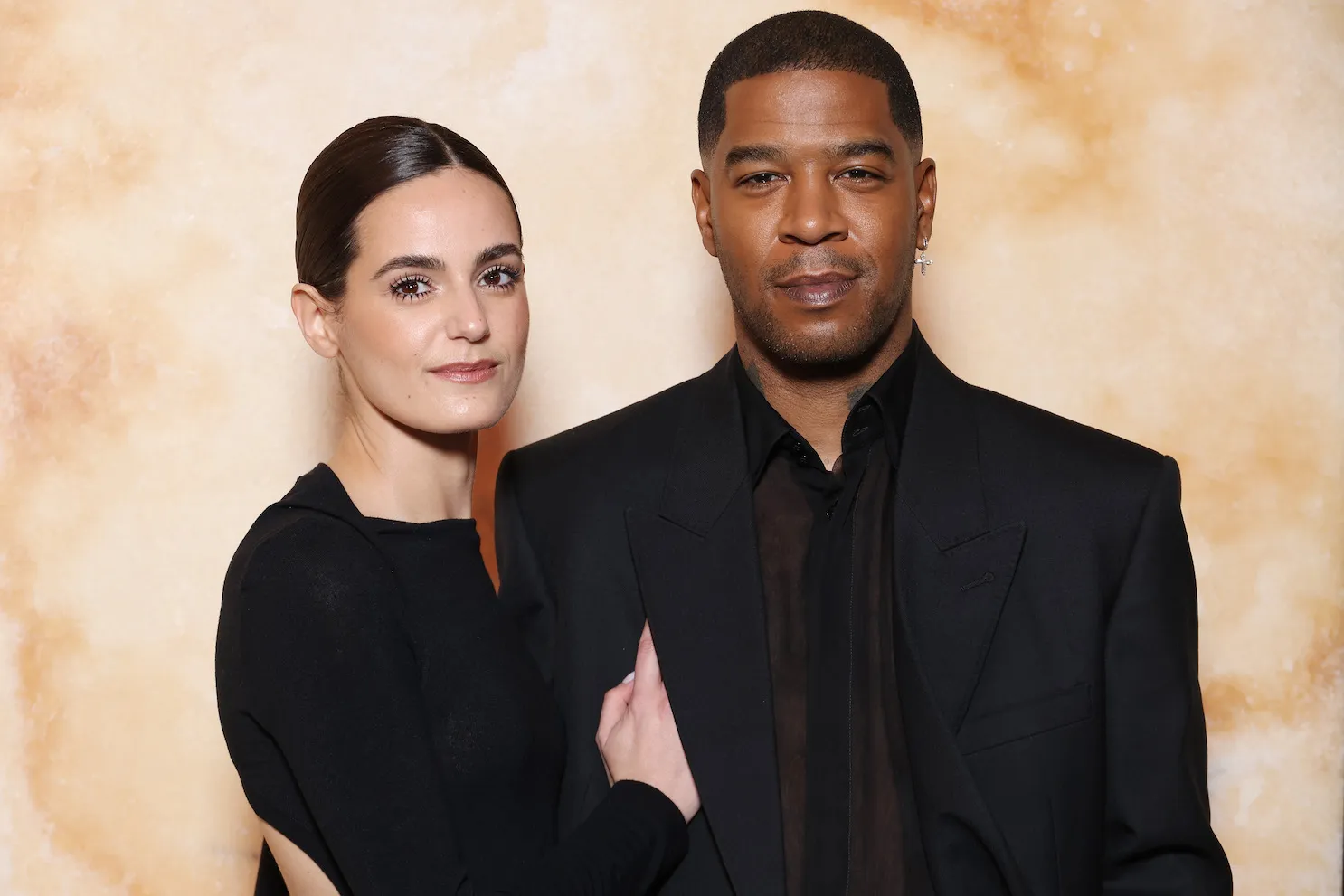‘Little House on the Prairie’: How ‘Miserable’ Abuse in Michael Landon’s Childhood Formed the Actor
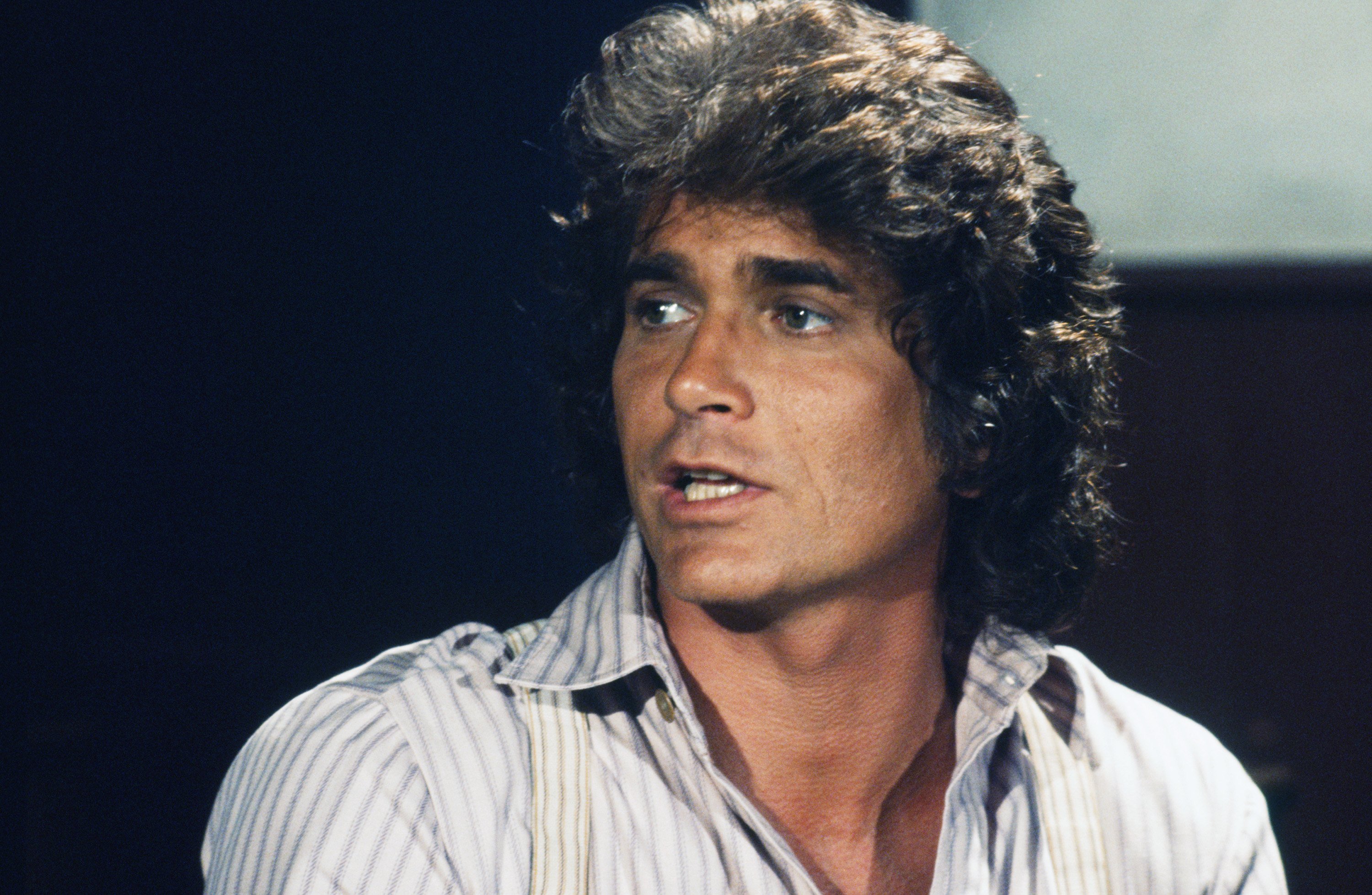
The late Michael Landon’s legacy in television is defined by the iconic and life-affirming programs he was involved in: Bonanza, Little House on the Prairie, and Highway to Heaven.
He and actor Karen Grassle characterized the standard in parenting in their depiction of Charles and Caroline Ingalls and their on-screen children enjoyed loving upbringings.
For Landon himself, according to a Little House co-star, his childhood was “utterly miserable.” His creativity and artistry as an actor, director, and producer, this cast mate stated, were born out of that trauma.
Here’s what they had to say.
Landon’s childhood was a sad and traumatic one
According to Landon’s daughter Cheryl, his mother was “mentally unstable” and “often tried to commit suicide in front of him.”
Landon’s co-star Alison Arngrim who portrayed Nellie Oleson on the series explained how the actor’s parents’ instability seeped into a religious struggle.
His father was of the Jewish faith and his mother a Christian. During their union, Arngrim wrote in her book Confessions of a Prairie B*tch, the actor endured a childhood marked with “religious conflict, including ugly battles over how he was to be raised.”
Arngrim described his mother’s lack of warmth with her son, particularly demonstrated in her reaction to Landon’s problem with bedwetting.
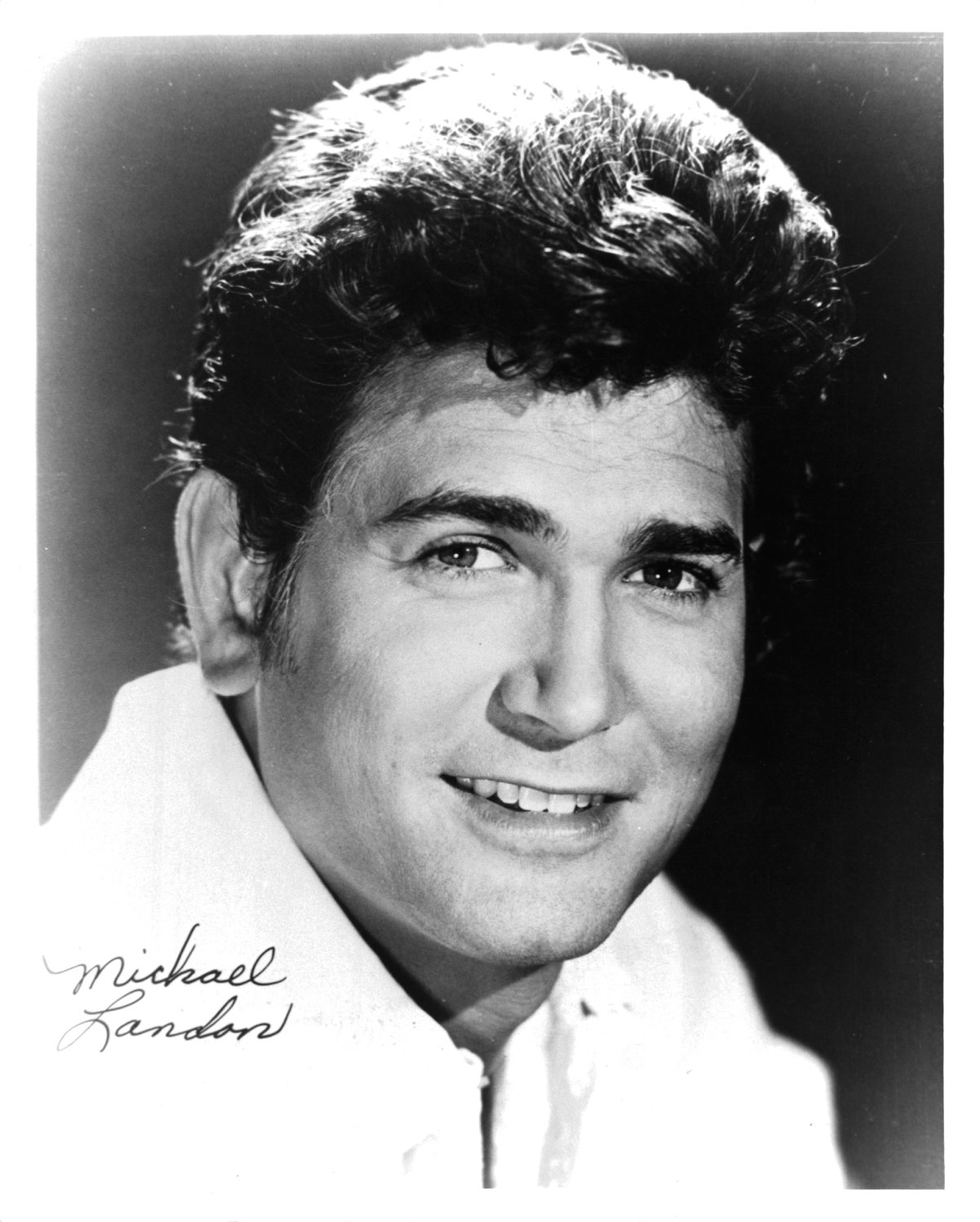
“Michael wet the bed,” Arngrim wrote. “His mother punished him viciously for this, even though it was a medical problem and not under his control.”
The Nellie Oleson actor revealed that Landon’s mother went so far as to hang his dirty sheets out his bedroom window, “knowing the school bus pulled up right in front of their house.”
To avoid his mother humiliating him, Landon would wake up as early as possible “to take the sheets down the street to the local Laundromat and wash them, then get back home without his mother knowing.”
Landon’s mother reportedly objected to his faith
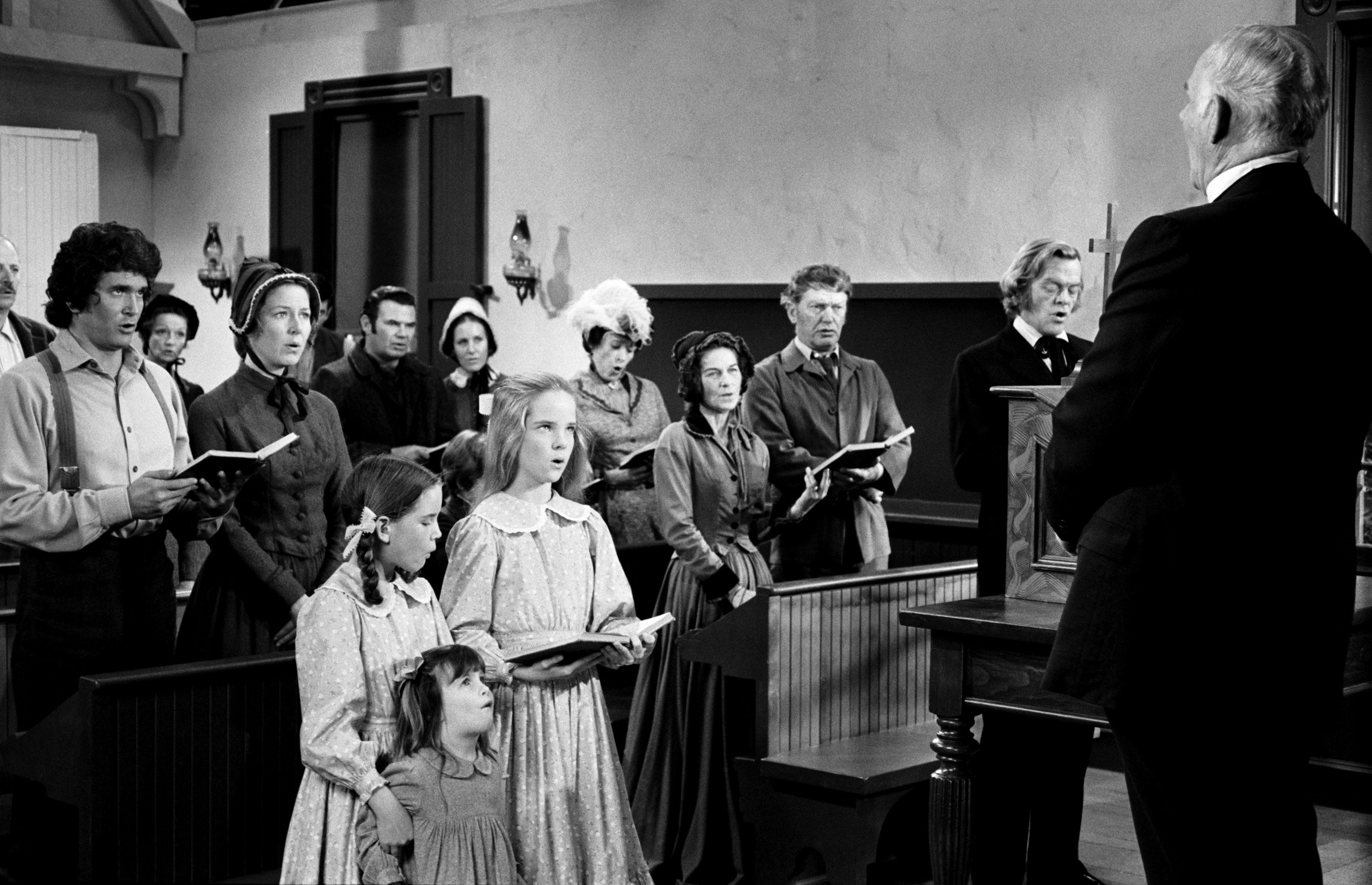
Arngrim wrote that she had heard “on [Little House‘s] set” that Landon’s mother opposed her son’s embrace of his father’s Jewish faith.
“When [Michael] was finally allowed to have a bar mitzvah, his mother pulled him out of the room during the party and sneered, ‘I just want you to know that when you were a baby, I had you baptized. So this is all just a big joke!,'” Arngrim stated.
Saying she “felt terrible for [Landon]” when she heard this account, Arngrim noted the irony was not lost on her that “now, here he was, every week, standing up in church with the Reverend Alden, happily singing “Onward Christian Soldiers.” What on earth could that have been like for him?”
Landon’s temper was explained by his tough upbringing
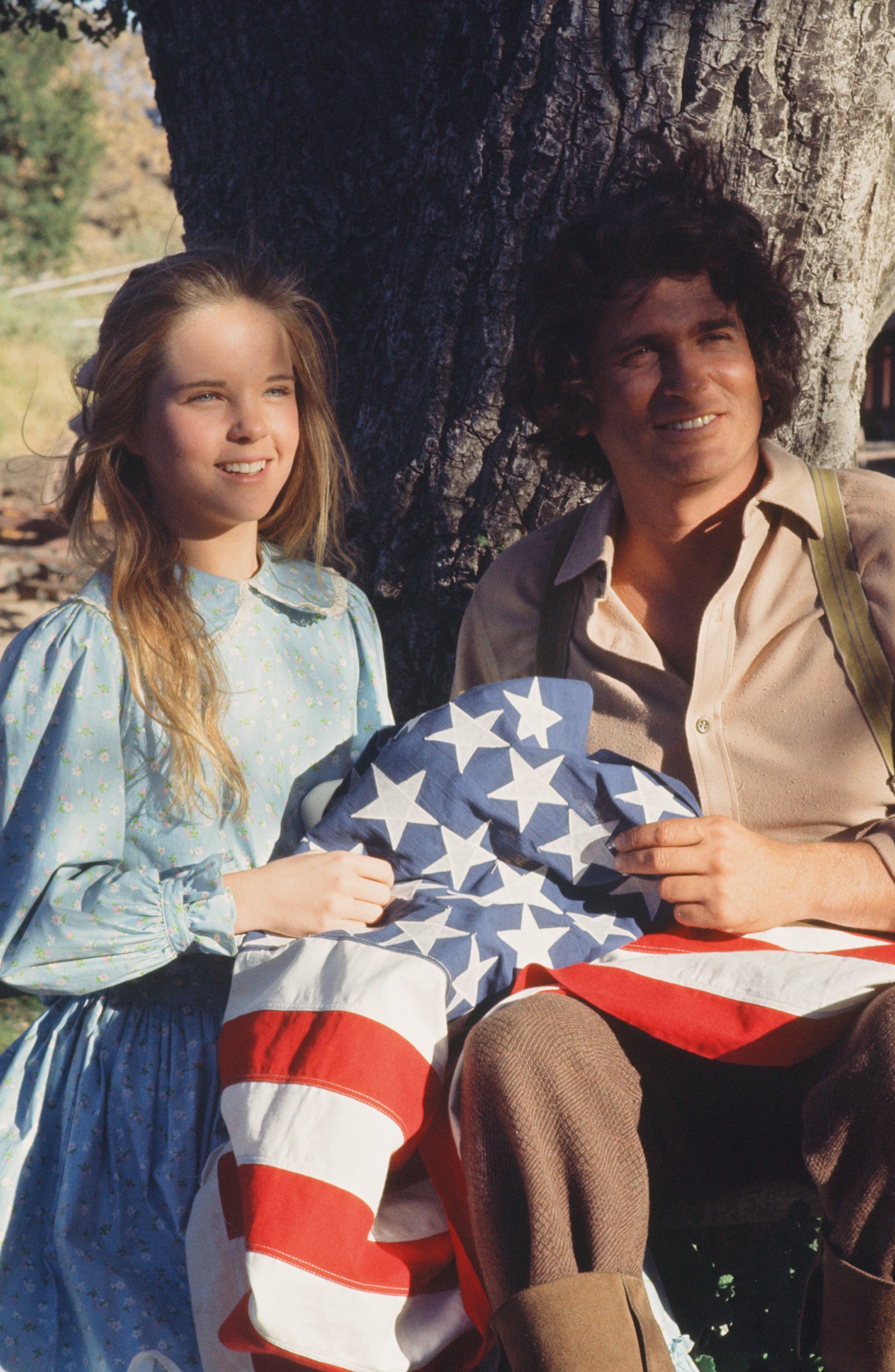
In his television movie The Loneliest Runner, Landon finally told the story of his harsh beginnings. On the cast was Mary Ingalls actor Melissa Sue Anderson. Being part of the project and hearing Landon’s story helped her understand him more, as Anderson noted in her memoir, The Way I See It: A Look Back at My Life on Little House.
“Mike was a great father from everything that I saw,” she said. “But at work, he was controlling, and he could be mean at times. He would single out certain people and tease them publicly and relentlessly.
“I’ve said that Mike was insecure,” the Little House alum wrote. “Perhaps The Loneliest Runner explains why. … He grew up in an environment fraught with anxiety and cruelty. … I directly attribute this behavior to the way he grew up. I certainly don’t think anyone comes out of a childhood like that unscathed and without serious trauma to the psyche.”

